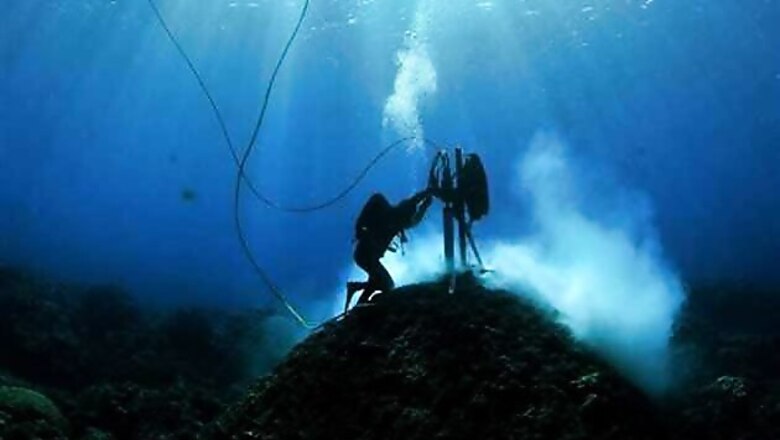
views
Washington: Coral reefs across the world are at risk if the carbon emissions are not reduced, says a study. The study published in Nature Climate Change researchers used the latest emissions scenarios and climate models to show how varying levels of carbon emissions are likely to result in more frequent and severe coral bleaching events.
Large-scale 'mass' bleaching events on coral reefs are caused by higher-than-normal sea temperatures. High temperatures make light toxic to the algae that reside within the corals, reports Science Daily.
The algae, called 'zooxanthellae', provide food and give corals their bright colours. When the algae are expelled or retained but in low densities, the corals can starve and eventually die.
Bleaching events caused a reported 16 per cent loss of the world's coral reefs in 1998, according to the Global Coral Reef Monitoring Network.
If carbon emissions stay on the current path most of the world's coral reefs (74 percent) are projected to experience coral bleaching conditions annually by 2045, showed the study results.
The study used climate model ensembles from the upcoming Fifth Assessment Report of the Intergovernmental Panel on Climate Change (IPCC). The findings emphasize that without significant reductions in emissions most coral reefs are at risk.
A reduction of carbon emissions would delay annual bleaching events more than two decades in nearly a quarter (23 per cent) of the world's reef areas.















Comments
0 comment